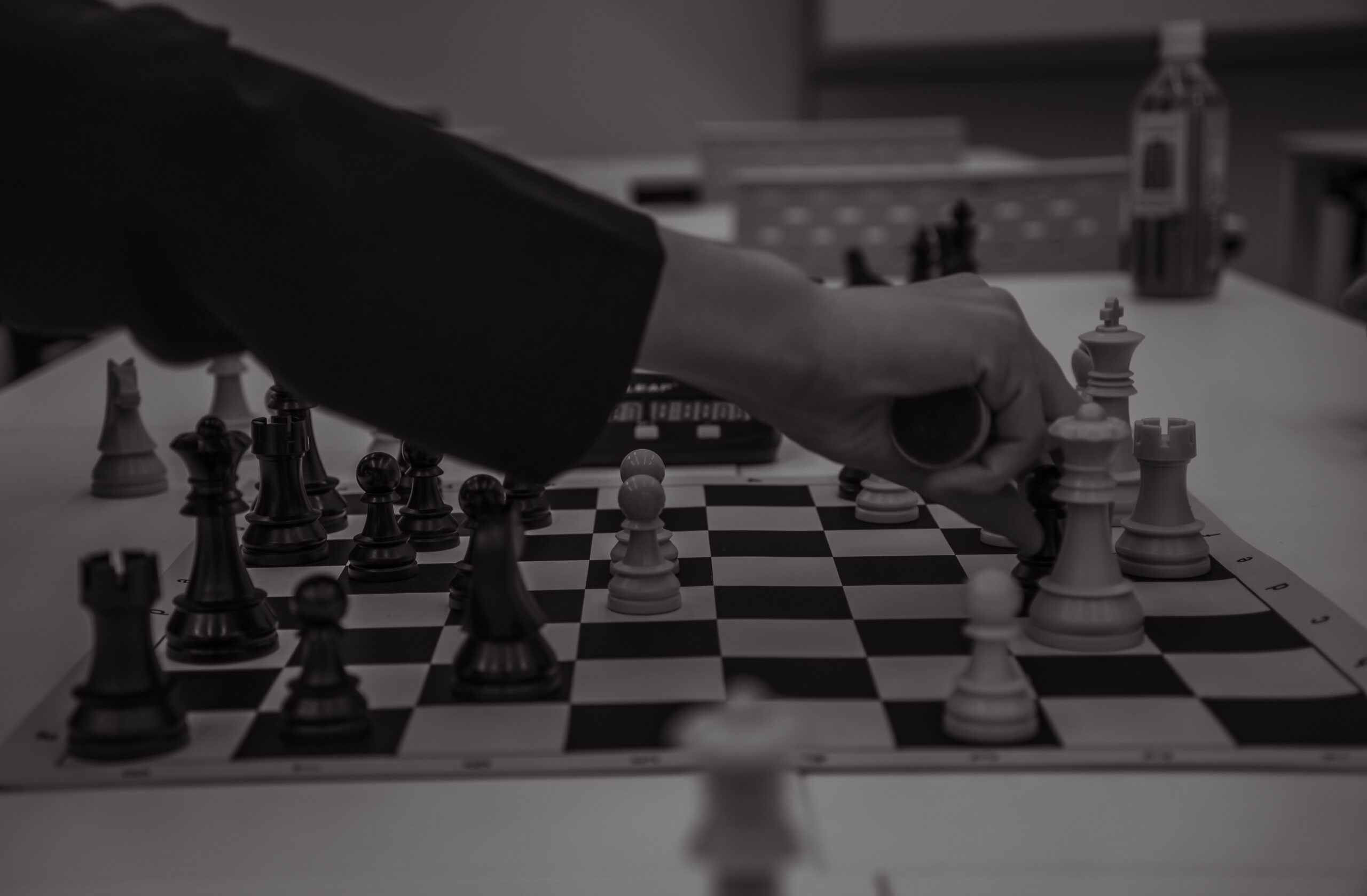“Winning can convince you everything is fine even if you are on the brink of disaster.”
Garry Kasparov, thirteenth world chess champion.
In my 15 years of playing competitive chess, I’ve seen the illusion of momentum many times, both in my games and in others’. This happens to players of all levels, from beginners to seasoned veterans. During training camps or tournaments, after finishing our games, we often watched the other tables. And we would joke, “Now it’s his turn to dodge bullets”, whenever someone just lost their winning position. It’s in these moments, when victory seems certain, that focus slips and we become more prone to mistakes, often the most costly ones.
“The hardest game is win is a winning game.”
Emanual Lasker, second world chess champion
In the heat of competition, where the opposition refuses to melt under relentless pressure, momentum can evaporate in an instant. Consider the greatest competitors: when they are losing, backed into a corner, and seemingly finished, they shrug off the illusion of their opponent’s inevitable victory and find a way to turn the table around time after time. For instance, Roger Federer’s comeback against Rafael Nadal in the 2017 Australian Open final demonstrated how mental toughness can overturn a losing position. Similarly, Liverpool FC’s remarkable turnaround in the 2005 UEFA Champions League final, where they came back from a 3-0 deficit to win on penalties, shows that momentum is not a guarantee of success but rather a fragile state that can be shattered by unwavering determination.
“When the torture of the game was finished, we sat like a bunch of half-wits in the dressing room. We couldn’t speak, we couldn’t move. They’d mentally destroyed us.”
Andrea Pirlo
Chess players understand well that concentration often wanes at the moment of greatest advantage. Emanuel Lasker, the second world champion, famously said, “The hardest game to win is a won game.” Lasker, who held the title for an unparalleled twenty-seven years, understood that vigilance is crucial when ahead. A master of psychological strategy, he often made moves that deceived opponents into thinking they had victory in hand, only to use his defensive skills to turn the game around and leave them bewildered (in bullets :)). As chess author Al Horowitz put it, “In chess, it is easier to reach a winning position than to secure the win”. One mistake can undo forty well-played moves, and maintaining precision is essential even when the game seems well in hand.
“In chess, it is easier to reach a winning position than to secure the win.”
Al Horowitz, chess writer
In volleyball, I’ve observed many teams experience the typical scenario where they win the first set only to lose the entire match. Losing vigilance makes a team predictable, allowing opponents to read their play and mount an effective counterattack. Initially, this shift is subtle, but as the opposing team gains the lead, the gap widens with each successive point and set. The team transitions from a state of complacency to one of panic, neither of which is in favour of sharp observation or decisive, on-the-spot decision-making.
“I really think a champion is defined not by their wins but by how they can recover when they fall.”
Serena Williams
下剋上
「音駒は序盤リードされるのが珍しくなくて、でもその間に相手の攻撃のインプットを優先してるんだよ。それで後半じわじわ追い上げていくのが音駒スタイル」
ハイキュー34巻・猫の爪
Links:
For those who are interested in the historical turnaround by Liverpool FC’s in the 2005 UEFA Champions League final: https://www.fourfourtwo.com/news/on-this-day-in-2005-liverpool-win-champions-league-after-remarkable-comeback-1590321649000
